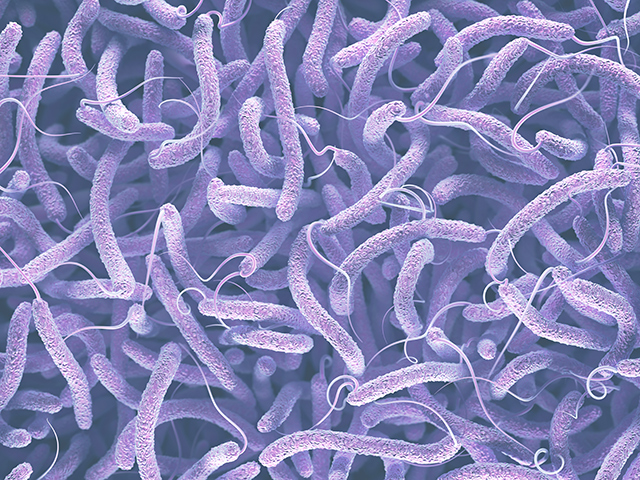 Parler
Parler Gab
Gab
Other health risks linked to aspartame
Aspartame has become a source of controversy in recent years because of the many health threats it reportedly poses. Listed below are three serious health issues associated with aspartame consumption: 1. Aspartame may raise the risk of obesity Even though aspartame is typically used in foods and drinks marketed for weight loss, studies have found no evidence that sweeteners like aspartame are effective for weight management. On the contrary, research revealed a compelling link between a significant increase in body weight and waist circumference and regular aspartame intake. 2. Aspartame affects metabolic health According to a 2013 review of studies on artificial sweeteners, aspartame may greatly raise a person's risk of developing metabolic diseases like Type 2 diabetes. The review suggested that regular consumption of foods or drinks with aspartame conditions the body to no longer expect calorie intake in response to sweet tastes. Eventually, the body becomes unable to break down sugars when they arrive in the gut. This could lead to glucose intolerance and, eventually, diabetes. (Related: SODA NATION: Half of America now has type 2 diabetes or pre-diabetes.) 3. Aspartame affects appetite Studies suggest that sweeteners like aspartame may severely raise appetite as well — sweet tastes signal to the body that food is entering the gut. The body expects to receive calories and to signal when the person should stop eating by promoting feelings of fullness. This same process happens when a person consumes foods and drinks with sweeteners, except the body gets far fewer calories than it needs to feel full. Eventually, the body will unlearn the association between calories and sweet tastes. If a person were to eat high-calorie foods at that point, he or she would likely have a hard time feeling full. This could make the person predisposed to overeating or snacking in between meals in the long run.Healthy diet soda alternatives
Since artificial sweetener consumption is linked to numerous health risks, it's better to opt for healthier drinks. Below are healthy and delicious soda alternatives:- Citrus-infused water – Infusing water with lemon or orange slices is a great way to give it flavor without using sugar.
- Green tea – Serve green tea hot for a calming herbal drink or serve it cold for a tasty, zero-calorie beverage.
- Vegetable juice – Blend leafy green vegetables into a healthy, nutrient-packed juice.
- Oat milk – Plant-based milk substitutes like oat and almond milk make for low-calorie beverages packed with nutrients essential for bone health.
- Kombucha – Kombucha is a fermented tea drink filled with probiotics that aid in digestion.
- Coconut water – Unsweetened coconut water contains electrolytes that keep you hydrated.
NYC, an LGBT bastion, is a monkeypox petri dish
By Ethan Huff // Share
Bill Gates-funded and CCP-controlled Wuhan University reports case of cholera
By Arsenio Toledo // Share
Deborah Birx hid covid info from Trump, altered CDC guidelines without approval
By Ethan Huff // Share
Germany’s birth rate improbably falls by 11% in the first quarter of 2022
By Lance D Johnson // Share
How criminals size you up in seconds — and how to disappear from their radar
By ljdevon // Share
China’s ‘meltdown-proof’ thorium reactor could ignite clean energy revolution
By ljdevon // Share
AI vs. Human Reasoning: Why most people don’t think—they just repeat
By finnheartley // Share











